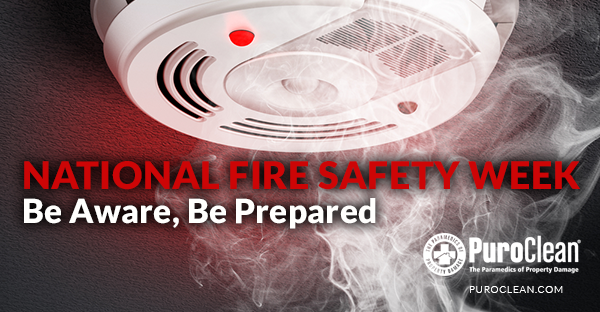
Electrical wiring, cords, and plugs, switches, and outlets can cause massive damage to your property or your family. According to the Electrical Safety Foundation International (ESFI), home electrical fires account for an estimated 51,000 fires each year. These fires caused nearly 500 deaths, more than 1,400 injuries, and $1.3 billion in property damage.
Meet the Circuit Breakers
Circuit breakers are essential devices designed to prevent electrical fires and shocks in your home. In recent years, newer homes have been built with circuit breakers as they provide more safety than fuses when installed with modern electrical systems.
Circuit breakers today are engineered to help keep you and your property safe from electrical hazards that were previously undetectable. A circuit breaker shuts off power when it detects an issue on a circuit that may lead to an electrical fire or shock. To help you better understand how circuit breakers protect your property, here’s a look at different types of circuit breakers.
Arc Fault Circuit Interrupters (AFCIs)
These devices protect against arc faults, a dangerous electrical problem caused by damaged, overheated or stressed electrical wiring or devices. Arc faults can occur, for example, when a nail or screw damages a wire behind a wall, or when outlets or circuits are overburdened. Such arcs can lead to high temperatures and sparking, possibly igniting the flammable items nearby.
AFCIs monitor the circuit and stop the current flow when a potentially dangerous condition is detected. The U.S. Consumer Product Safety Commission (CPSC) estimates that AFCIs could prevent more than half of the electrical fires that occur every year.
AFCI installation is required by the 2017 National Electrical Code (NEC) for circuits in all areas of new homes, excluding bathrooms, garages, and outside areas. AFCIs can be installed as a circuit breaker in a breaker panel or as a wall outlet.
There are several types of AFCIs, such as combination breaker AFCI, branch/feeder AFCI breaker, and dual AFCI, and GFCI breakers. Consult an electrician for the best type of AFCI protection in your home.
Ground Fault Circuit Interrupters (GFCIs)
GFCIs are designed to protect people from the dangers of electrical shock caused by ground faults. A ground fault is an accidental electrical path between a source of electrical current and a grounded surface. GFCIs sense ground faults and shuts off the circuit when, for example, a person comes in contact with a faulty appliance, together with a grounded surface.
These circuit breakers are necessary on circuits where water sources may be present – bathrooms, garages, outside areas, and in spa areas within the home. Like AFCIs, GFCIs can be installed as a circuit breaker in a panelboard or as an outlet. They can greatly prevent serious electrical shock to people.
Without question, circuit breakers add more protection against fires and shocks in your home. However, always consult a qualified electrician when choosing and installing such devices. For professional smoke odor removal or fire damage repair, contact your local PuroClean office.



 PuroClean by Browns
PuroClean by Browns